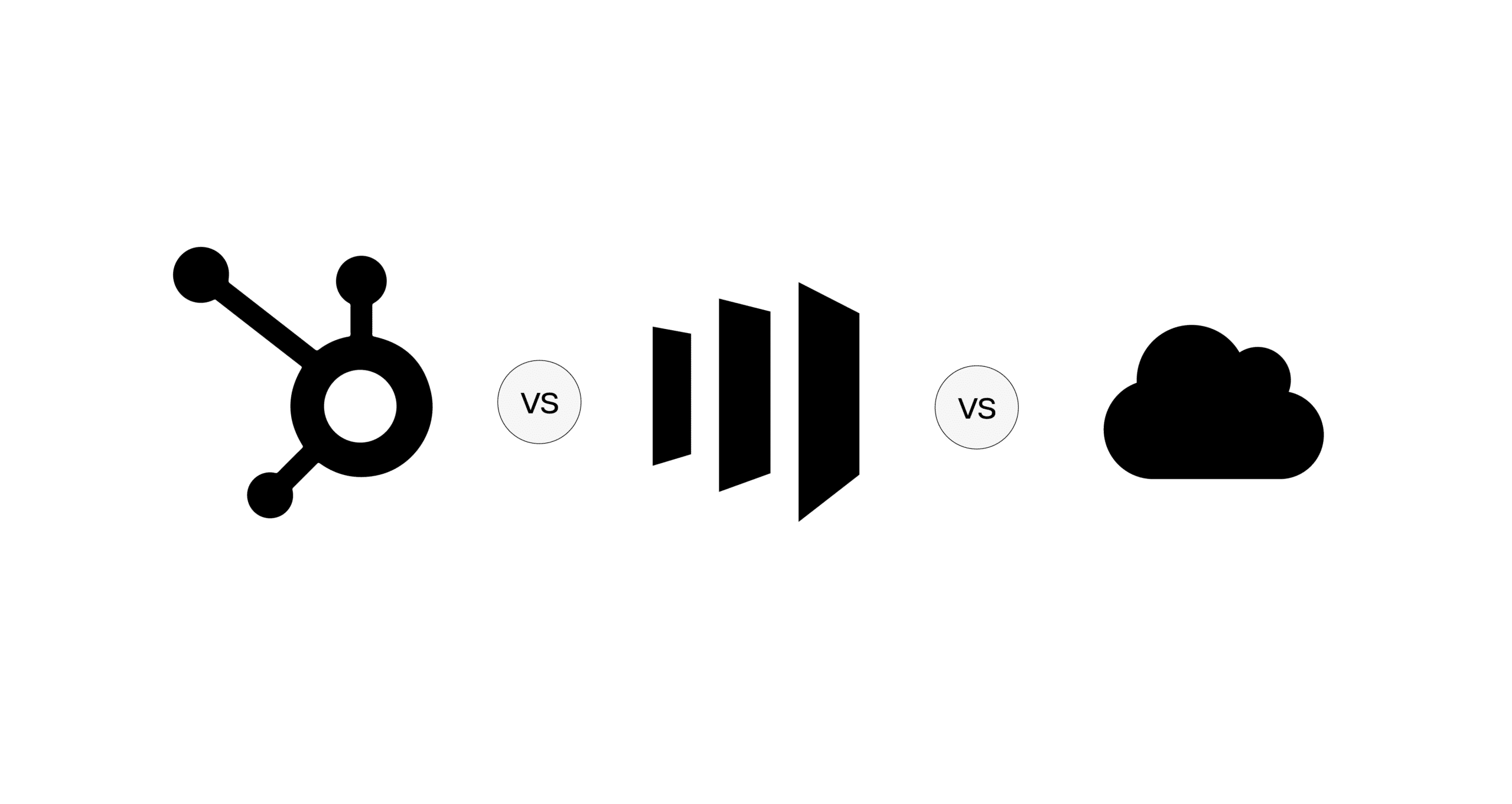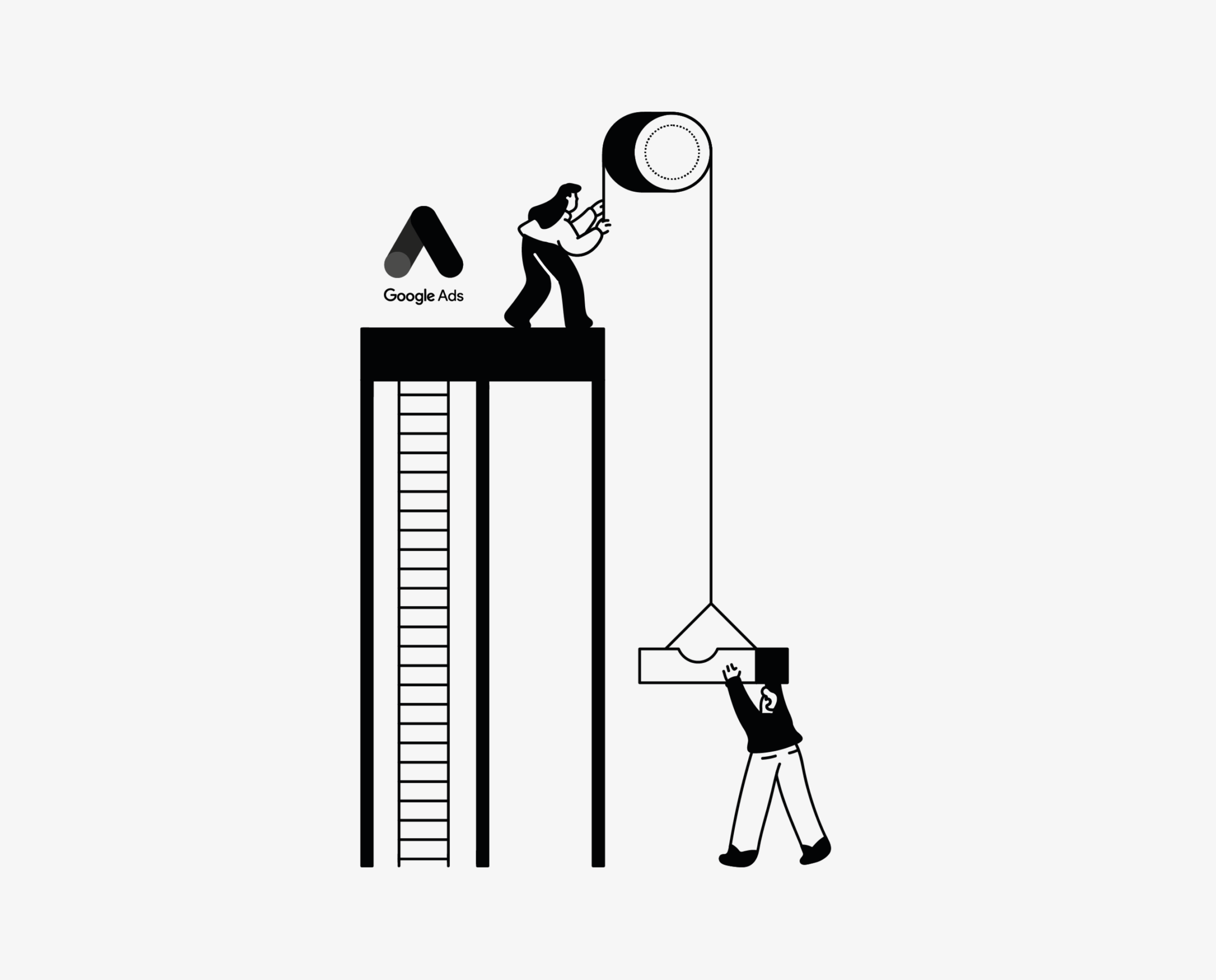CRM: How to choose the best tool ?
The success of a business largely depends on its ability to effectively manage its customer relationships. In this context, Customer Relationship Management (CRM) systems play a central role. They allow for centralizing customer data, automating processes, and improving communication. However, faced with a plethora of options on the market, choosing the right CRM tool can be a real puzzle. In this article, we will dissect the essential criteria for making an informed choice of a CRM platform tailored to your specific needs.

Clarify your objectives and needs
Before even delving into the evaluation of different CRM solutions, it is imperative to clearly define your specific objectives and needs. What are the features you absolutely need? Which business processes do you want to automate? What key performance indicators do you want to closely monitor? This first step will help eliminate options that do not meet your requirements right from the start.
Ease of use
Adopting a CRM should not turn into a training marathon for your team. The interface should be intuitive, and the features should be easily accessible. Choose a solution that does not require excessive learning time. Tools that are too complex may encounter resistance within your team, compromising the overall efficiency of the company.
Customization, the key to success
Every company is unique and deserves a CRM that adapts to its way of working. Look for a CRM tool that offers extensive customization, whether it’s in terms of data fields, reports, or workflows. The ability to adjust the CRM to your specific business processes is a significant asset.
Integrations and compatibility
An effective CRM should seamlessly integrate into your company’s software ecosystem. Check for compatibility with the tools you already use (such as accounting software, marketing tools, etc.). A smooth integration will help avoid disruptions in your daily operations.
Mobility: Work from anywhere, anytime
In a world where mobility has become the norm, a CRM must be accessible from various devices. Ensure that the platform provides a consistent user experience on desktop computers, tablets, and smartphones. The ability to update and access data on the go is a major advantage.
Powerful analysis and reporting
A reputable CRM should provide you with actionable insights. Look for advanced analysis tools and reporting capabilities that allow you to make informed decisions. Intuitive dashboards and customizable reports are essential elements.
Scalability and flexibility
Your company is destined to grow. Therefore, it’s essential to choose a CRM that can grow with you. Check the extension options, the costs associated with adding additional features, and the flexibility of pricing based on the evolution of your needs.
Customer support: Do not underestimate its importance
When problems arise, you need a responsive and competent customer support. Evaluate the quality of support offered by the CRM provider. Various communication channels (live chat, email, phone) and a well-stocked knowledge base are positive signals.
Market leaders: A comparative overview
Now that we’ve established the crucial criteria, let’s briefly examine some of the leading CRM platforms in the market.
Salesforce: Undoubtedly, Salesforce is one of the most recognized names in the CRM industry. It offers a comprehensive range of features, extensive customization, and seamless integration with other tools. However, its cost can be a deterrent for small businesses.
HubSpot: HubSpot stands out with its inbound marketing approach and marketing automation. It offers a user-friendly interface and a free version with basic features.
Microsoft Dynamics 365: Integrated into the Microsoft ecosystem, Dynamics 365 offers strong integration with other Office suite applications. It is particularly suitable for companies already using Microsoft products.
Zoho CRM: Zoho CRM offers a comprehensive suite of CRM tools at a competitive price. It distinguishes itself with its ease of use and versatility.
Pipedrive: Pipedrive focuses on sales management and offers a simple and intuitive visual interface. It is particularly appreciated by sales teams.
HubSpot: The all-in-one package
HubSpot is a comprehensive CRM solution that offers a wide range of features for customer relationship management. It is known for its user-friendliness, making it a popular choice for small and medium-sized businesses. HubSpot provides marketing, sales, and customer service tools, all bundled in one platform.
Why Choose HubSpot?
Ease of Use: HubSpot is known for its intuitive user interface. You don’t need to be a technical expert to start using it.
Complete Integration: It offers seamless integration between marketing, sales, and customer service teams, promoting collaboration and efficiency.
Marketing Automation: HubSpot offers advanced marketing automation features that allow you to personalize campaigns based on your customers’ behavior.
Advanced Analytics: You can track the performance of your campaigns in real time through dashboards and detailed reports.
Considerations
Cost: HubSpot’s pricing may be higher than some other platforms, especially for growing businesses.
Complexity for Large Enterprises: While HubSpot is suitable for small and medium-sized businesses, large enterprises with more complex needs may prefer more robust solutions.
Choosing the right CRM tool is a crucial decision that will influence how your company interacts with its customers. By keeping the mentioned criteria in mind and carefully examining the market options, you are better equipped to make an informed decision. Remember, the tool you choose must align perfectly with your company’s needs and objectives. Take the necessary time to evaluate, compare, and choose wisely. Your success depends on it.
Before making any decision regarding your Customer Relationship Management (CRM) system choice, it is imperative to ask yourself essential questions. First, scrupulously evaluate the specific features that will be imperative to meet your needs. Next, determine which business processes need to be automated to optimize overall efficiency. Also, identify key performance indicators that need to be closely monitored to ensure effective customer management. Additionally, carefully consider the tool’s interface and determine if it requires intensive training for your team.
Questions to ask yourself?
- What specific features are imperative to meet your needs?
- Which business processes need to be automated to maximize your efficiency?
- Which key performance indicators do you need to closely monitor?
- Does the tool’s interface require intensive training for your team?
Stay on top of the latest digital marketing trends.
Subscribe to our newsletter and receive the latest news, once a month, directly in your inbox.
*By entering your email address, you agree to the Billy.Social Terms of Use and Privacy Policy.
Bibliography
(n.d.). Expert en Implantation CRM & ERP. Retrieved October 4 2023. Gestisoft. Online.
Dufour, L. (2021, September 21). Comment choisir son CRM ? La check-list complète. Retrieved October 4 2023. Le Blog du Dirigeant. Online.
(2023, July 12). 8 critères essentiels pour choisir un CRM adapté à votre entreprise. Retrieved October 4 2023. XRM Vision. Online.
Bonhaure, F. (2022, January 27). 5 critères pour choisir votre outil CRM. Retrieved October 4 2023. Copernic. Online.
(2023, March 16). Salesforce Vs Microsoft Dynamics Vs HubSpot. What is the best CRM? – CRM Software Blog: Dynamics 365. Retrieved October 4 2023. CRM
Software Blog. Online.
Biddiscombe, P. (2020, December 10). HubSpot CRM vs. Salesforce vs. Dynamics. Retrieved October 4 2023. New Breed. Online.











